- Details
- Category: Senator Cristina Castro News
 SPRINGFIELD – To address disparities in maternal mortality and support new mothers, State Senator Cristina Castro (D- Elgin) passed a measure that would give them the extra help they need in the crucial postpartum months.
SPRINGFIELD – To address disparities in maternal mortality and support new mothers, State Senator Cristina Castro (D- Elgin) passed a measure that would give them the extra help they need in the crucial postpartum months.
“Studies have shown how important postpartum care is for both the mother and the baby, and unfortunately many mothers don’t have the resources to follow up with their doctors after giving birth,” Castro said. “Black mothers are even more at risk for postpartum complications, so this measure is aiming to address those disparities and protecting every new mother.”
The Illinois Department of Public Health recently released the second edition of their Maternal Morbidity and Mortality Report, which finds that more than four out of five pregnancy-related deaths are preventable. In Illinois, an average of 75 women die annually while pregnant or in the one year following giving birth.
Senate Bill 967 would provide support for pregnant and new mothers for pregnancy-related conditions, including mental health and substance use disorders by requiring private insurance plans to cover postpartum complications up to one year after delivery among other requirements. According to the IDPH report, these kinds of disorders are the leading cause of death in new mothers. Additionally, it would require Medicaid to cover multiple postpartum visits to encourage new mothers to attend.
“Over the past year, Illinois has shown itself to be a leader in protecting and supporting new mothers,” Castro said. “As we continue work to reduce racial disparities in health care, I am proud to say that this measure will put us one step closer to reducing preventable postpartum deaths in Illinois.”
SB 967 passed the Senate unanimously and now moves to the House for further consideration.
- Details
- Category: Senator Antonio Muñoz News
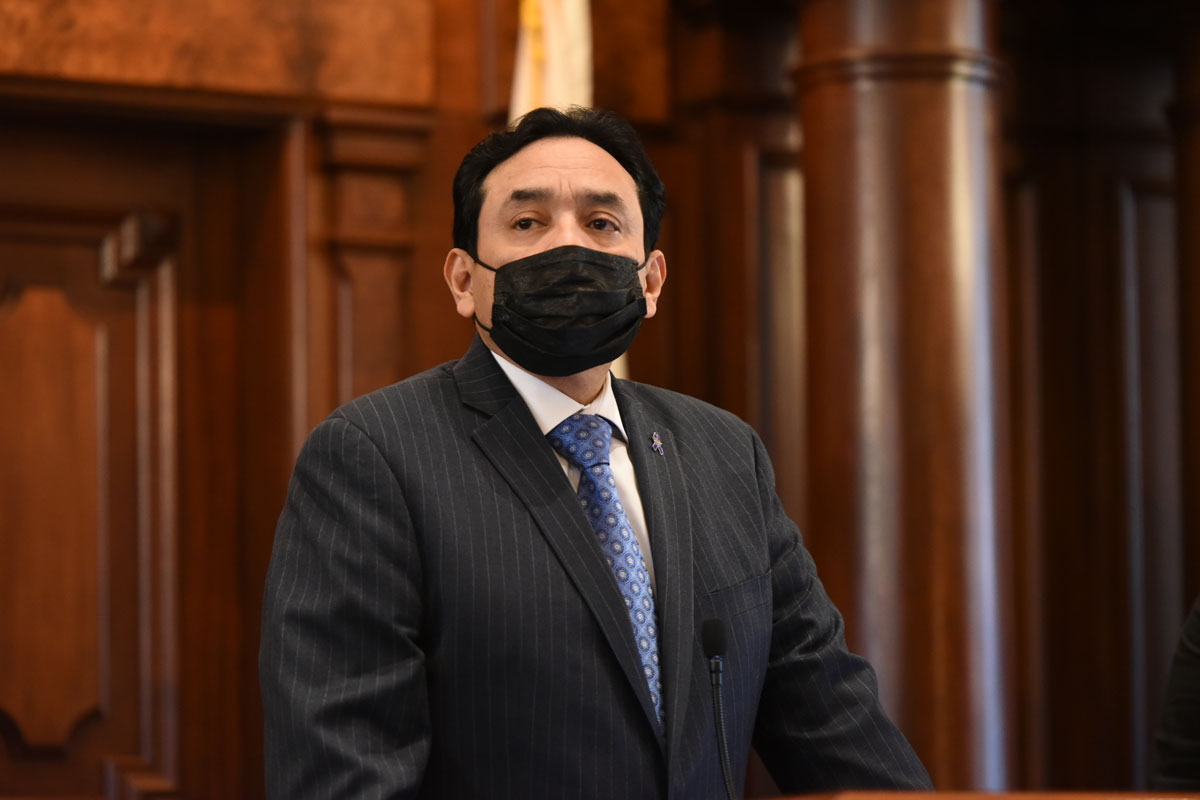 SPRINGFIELD – Biomarker testing — the medical technology used to determine medical risk factors like cancer — would be required coverage under state-regulated insurance plans under a measure sponsored by Assistant Majority Leader Tony (D-Chicago), which was approved by the Senate Insurance Committee Wednesday.
SPRINGFIELD – Biomarker testing — the medical technology used to determine medical risk factors like cancer — would be required coverage under state-regulated insurance plans under a measure sponsored by Assistant Majority Leader Tony (D-Chicago), which was approved by the Senate Insurance Committee Wednesday.
“Many communities of color and people with lower income are less likely to have insurance plans that offer biomarker testing,” Munoz said. “We need to ensure that these medical advancements are not just for the rich and privileged. Everyone should be able to benefit from this technology.”
A “biomarker” is a sign of disease or abnormal function that can be measured in blood, tissue or bodily fluid. In cancer care, biomarkers are often used to help determine the best treatment for a patient. Biomarker testing analyzes a patient’s tissue, blood or other biospecimen for the presence of a biomarker.
Insurance coverage for biomarker testing is currently limited and disparate, a fact Munoz said leads to inequities in care for cancer patients.
House Bill 1779 requires group and individual accident and health insurance policies and managed care plans to include coverage for biomarker testing for the purposes of diagnosis and treatment.
“This legislation is going to lead to better health outcomes, an improved quality of life, and lower costs for the patients who most need this kind of care,” Munoz said. “It’s key to reducing health disparities for all patients, especially for lower income people.”
House Bill 1779 passed the Senate Insurance Committee and now heads to the Senate floor for further consideration.
- Details
- Category: Senator Napoleon Harris III News
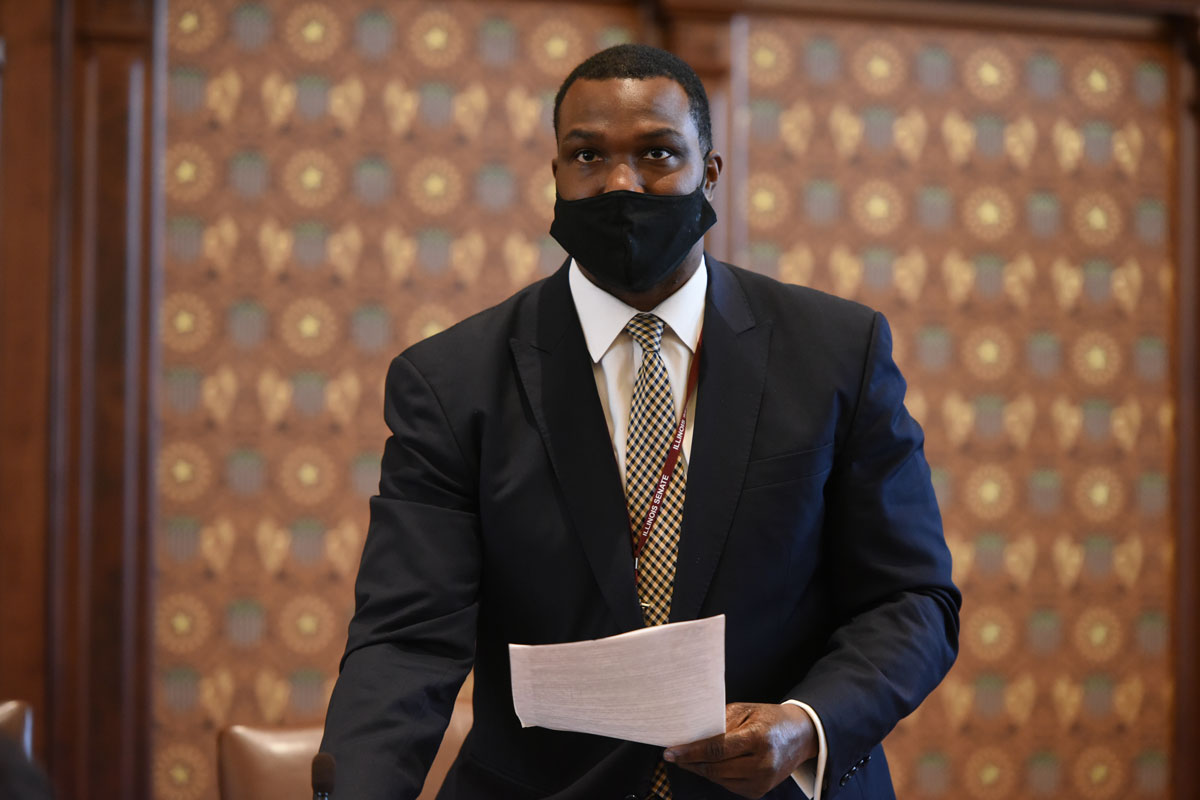 SPRINGFIELD - To help patients better manage their prescription costs, State Senator Napoleon Harris, III (D-Harvey) passed legislation out of the Senate Insurance Committee that would require all Illinois-regulated health insurance companies to offer flat-dollar co-pay plans for drug benefits.
SPRINGFIELD - To help patients better manage their prescription costs, State Senator Napoleon Harris, III (D-Harvey) passed legislation out of the Senate Insurance Committee that would require all Illinois-regulated health insurance companies to offer flat-dollar co-pay plans for drug benefits.
"Working families could better plan for their health care costs if they paid fixed out-of-pocket amounts for their prescribed medicine," Harris said. "I want to make sure plans are available that offer that option."
- Details
- Category: Senator Mike Simmons News
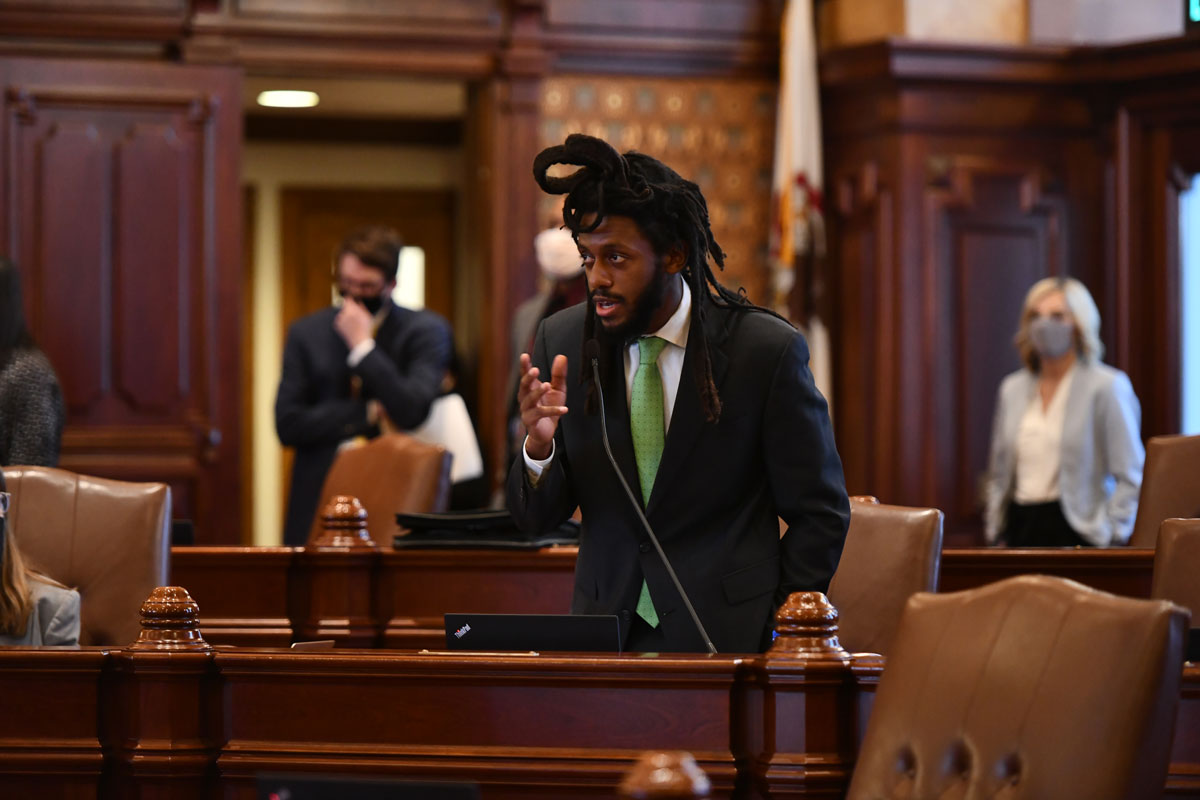 SPRINGFIELD – State Senator Mike Simmons’ (D-Chicago) legislation to end the practice of discriminating against students’ hairstyles in schools passed the Illinois Senate Wednesday afternoon.
SPRINGFIELD – State Senator Mike Simmons’ (D-Chicago) legislation to end the practice of discriminating against students’ hairstyles in schools passed the Illinois Senate Wednesday afternoon.
“We took a major step forward today in passing this bill out of the Senate and sent a message to our young people that we see them and respect them for who they are. Black youth in particular have endured decades of systemic discrimination targeting their hairstyles in schools, and it’s time to turn the page on that history. I thank my colleagues for supporting the bill,” Simmons said.
Read more: Simmons’ plan to ban discrimination against hairstyles in schools passes Illinois Senate
- Details
- Category: Senator Robert Peters News

“A mental health crisis is not a crime and should not be treated as such,” Peters said. “Gregory was having a mental health crisis and was suicidal, and the situation was made worse and almost cost him his life. We need to invest in alternative responses so that this never happens again, because our responsibility is to provide treatment, not trauma.”
- Details
- Category: Senator Suzy Glowiak Hilton News
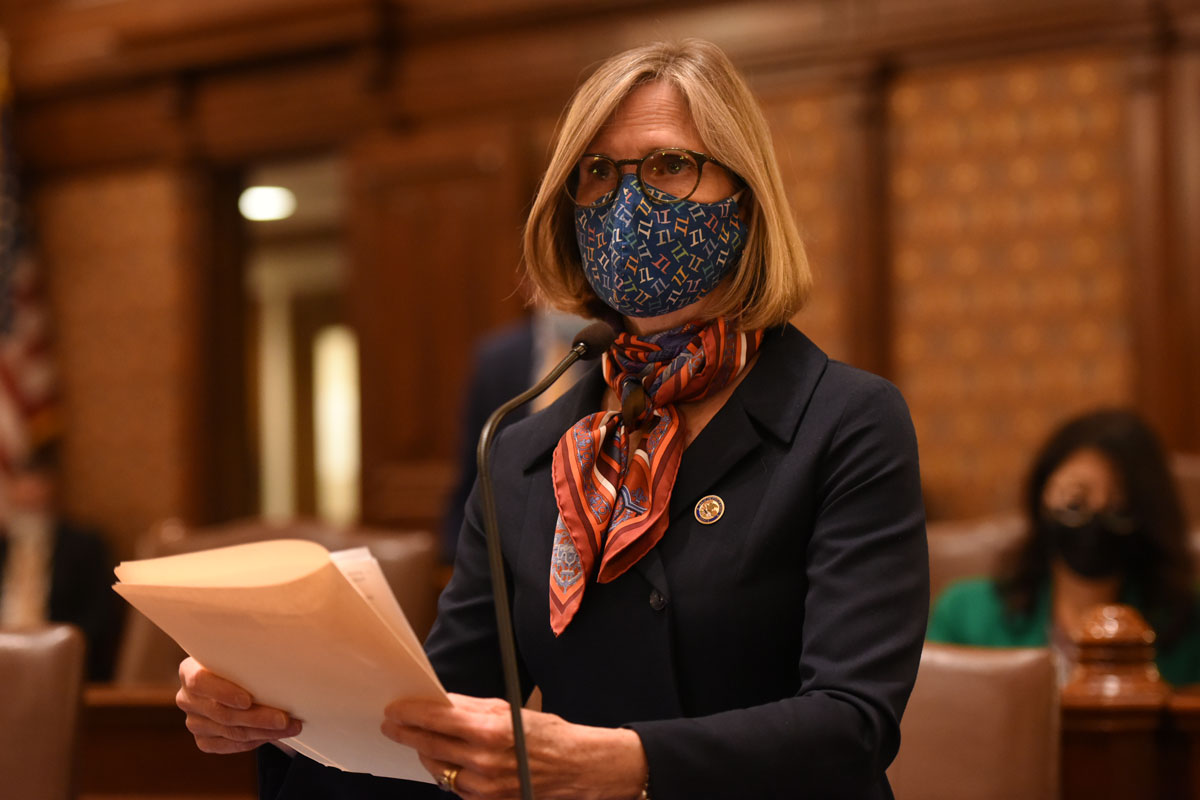 SPRINGFIELD – To encourage support of affordable housing projects, State Senator Suzy Glowiak Hilton (D-Western Springs) advanced legislation to renew the state’s tax credit program and steadily increase benefits over time.
SPRINGFIELD – To encourage support of affordable housing projects, State Senator Suzy Glowiak Hilton (D-Western Springs) advanced legislation to renew the state’s tax credit program and steadily increase benefits over time.
“The Illinois Affordable Housing Tax Credit has been instrumental in the development and preservation of affordable housing across the state over the last two decades,” Glowiak Hilton. “With its renewal, Illinois stays committed to the public and private partnerships needed to provide ongoing economic activity in communities.”
Read more: Glowiak Hilton moves to renew tax credit for affordable housing donations
- Details
- Category: Senator Christopher Belt News
 SPRINGFIELD – State Senator Christopher Belt (D-Centreville) is highlighting a funding opportunity for area airports for improvement projects through the Rebuild Illinois statewide construction program.
SPRINGFIELD – State Senator Christopher Belt (D-Centreville) is highlighting a funding opportunity for area airports for improvement projects through the Rebuild Illinois statewide construction program.
“I’m glad to see the state making these kinds of investments, and I’m encouraging our local airport to apply,” Belt said. “This funding would help pay for maintenance and repairs that keep passengers safe, while boosting our local economy at the same time.”
The Illinois Department of Transportation announced that the Rebuild Illinois program will provide $94 million in funding to improve public airports throughout the state. Through a competitive grant process, airports may submit project proposals for updates, improvements, and extensions of their facilities.
Airports must be for public use and included in the Illinois Aviation System Plan to be eligible for the funding. Applications are due June 14 to be eligible for grants of up to $25 million.
Local area airports eligible for this funding are MidAmerica St. Louis Airport, located in Belleville and St. Louis Downtown Airport, located in Cahokia Heights.
Application information is available by visiting IDOT’s Airport Improvement Program page. Awards are anticipated to be announced later this year.
- Details
- Category: Senator Adriane Johnson News
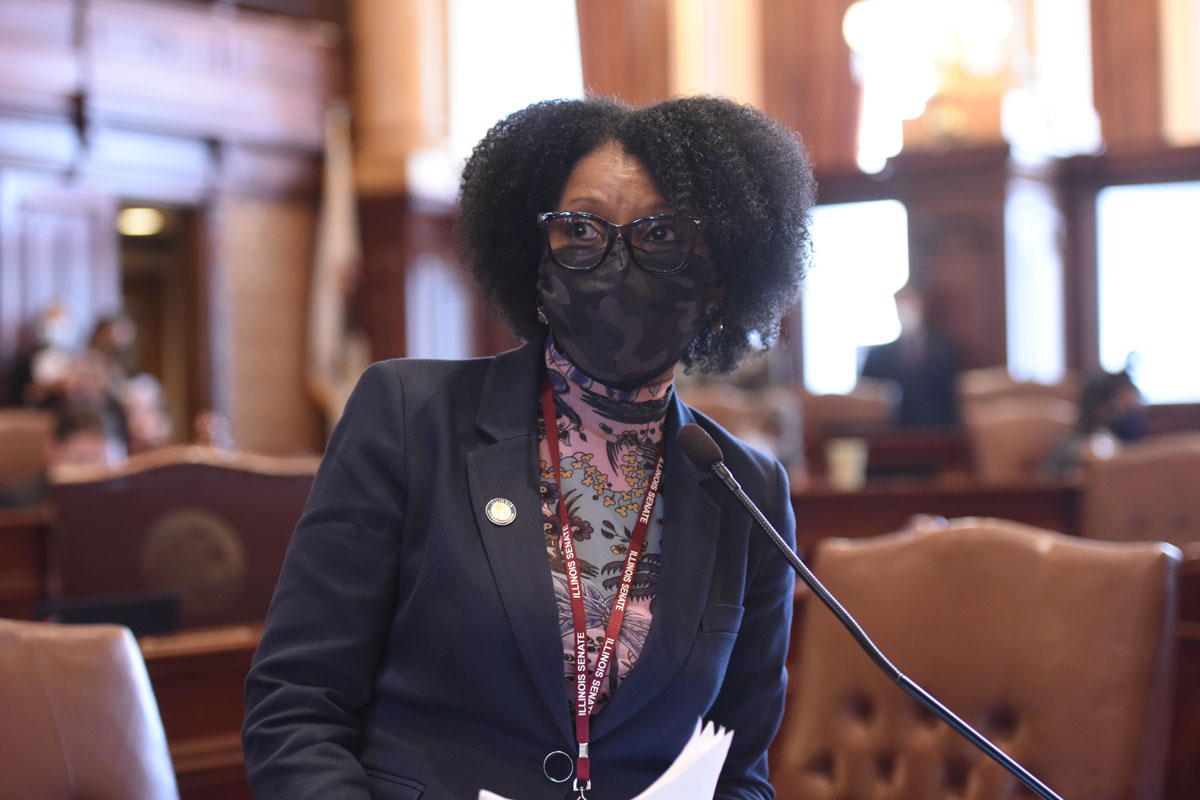 SPRINGFIELD – Insurance companies in Illinois would be required to cover screenings to detect ulcerative colitis, polyps, diverticulosis, Crohn's disease, cancer and other gastrointestinal conditions under legislation from State Senator Adriane Johnson (D-Buffalo Grove).
SPRINGFIELD – Insurance companies in Illinois would be required to cover screenings to detect ulcerative colitis, polyps, diverticulosis, Crohn's disease, cancer and other gastrointestinal conditions under legislation from State Senator Adriane Johnson (D-Buffalo Grove).
“If your doctor recommends a colonoscopy, you should be able to get one, regardless of your income level,” Johnson said. “This simple procedure could detect, or even prevent cancer—it could save your life.”
The legislation would require health insurance companies to cover the cost of a colonoscopy that has been deemed medically necessary after an initial screening. Patients could not be charged a deductible, coinsurance, copayment or other cost-sharing requirement for the procedure.
Colorectal cancer is the third most common cause of cancer-related death for both men and women, according to the American Cancer Society. However, if it is caught early, colorectal cancer has a 90% survival rate.
Not only can a colonoscopy screen for colorectal cancer—it is one of the only screening tests that can actually prevent colon cancer by finding and removing colon polyps before they become cancerous.
“Patients should be able to take control over their health and take advantage of preventive care services like colonoscopies,” Johnson said. “This legislation makes sure that insurance companies cover this life-saving, preventive screening.”
House Bill 2653 passed the Senate Insurance Committee Wednesday and now heads to the full Senate.
More Articles …
- Epilepsy specialists would be reimbursed for telehealth services under Senator Fine legislation
- Connor moves to protect clean drinking water with new legislation
- Ellman measure would prevent ISAC student commissioner vacancy
- SNAP and WIC benefits could be used for feminine hygiene products under Villa measure
Page 494 of 769










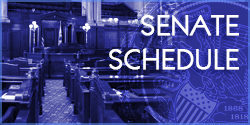


 © 2026 Illinois Senate Democratic Caucus
© 2026 Illinois Senate Democratic Caucus